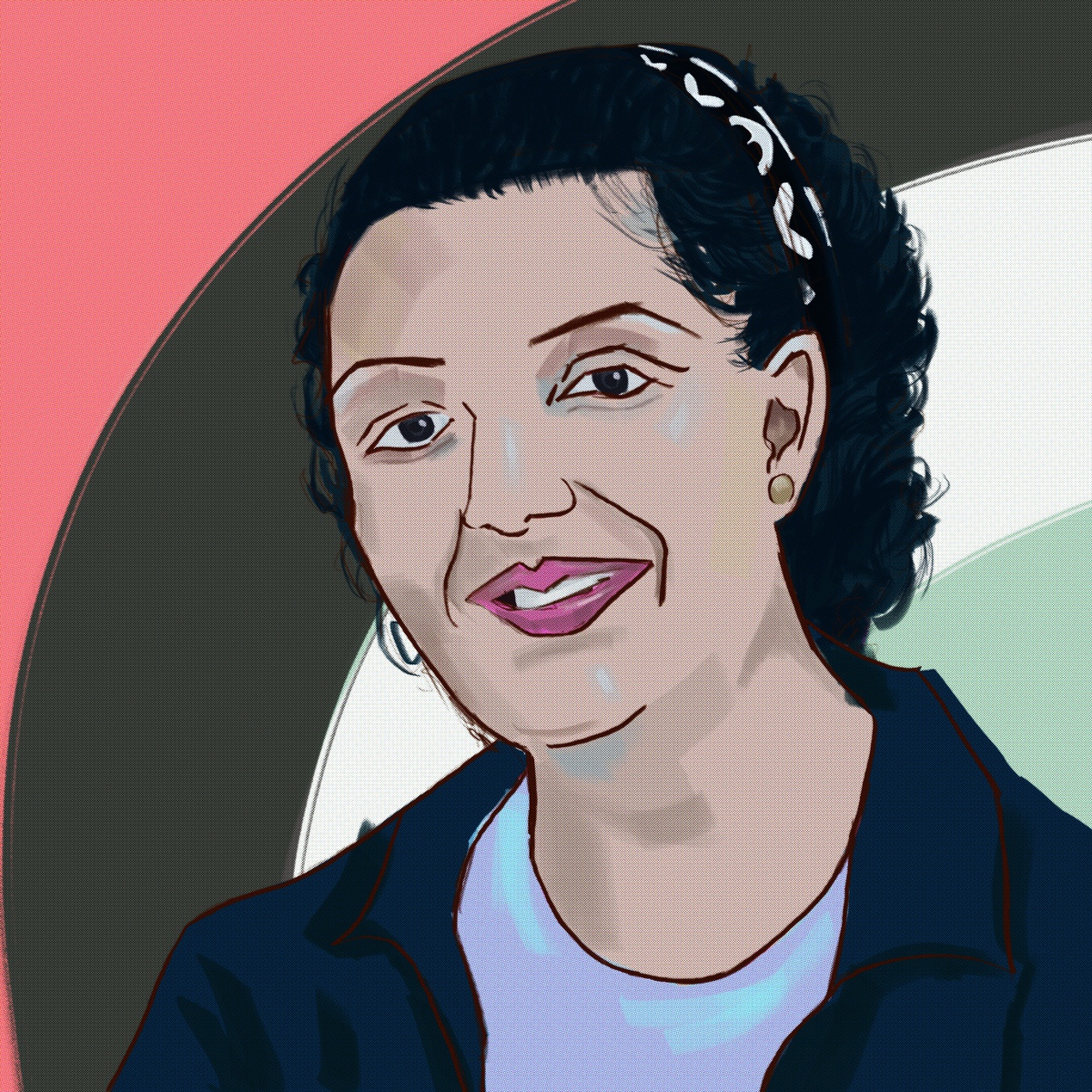A UT alumnus started a petition — which now has almost 1,500 signatures — on Dec. 29, advocating for the approval of a humanitarian visa application for a former UT instructor currently stuck in Gaza.
After Israel launched its ground invasion into Gaza following the strikes by Hamas on Oct. 7, petition author Aaron Burroughs contacted his former Arabic language partner at UT, Amjad Shabat, who was internally displaced from her home in Gaza because of the war.
When Shabat started her application for humanitarian parole at the end of last year, Burroughs published a petition citing dire conditions in Gaza as a reason for United States Citizenship and Immigration Services to urgently approve her application.
“We’re hoping to submit this as a supplement to the application to show USCIS how much support the family will have here in the States, especially from the UT community,” Burroughs said.
Shabat and her family fled their home in northern Gaza, which was destroyed by an Israeli airstrike in late October. Shabat relocated to the Rafah refugee camp, where she currently remains with her husband and 2-year-old daughter.
If Shabat’s application is approved, Burroughs said he plans to launch crowdfunding initiatives to help her and her family rebuild their lives in the U.S.
“It’s likely that we’re going to need more community help in the future depending on how this goes,” Burroughs said. “It’s really nice that we have this list of people who are down to support. We can shoot them an email if we need anything else.”
Shabat came to UT from Gaza as a Fulbright Scholar in 2016, where she was a language partner in the Arabic department. Former students and colleagues described her as “hilarious (and) wildly compassionate” in the petition.
“She was always extremely positive,” Arabic program coordinator Olla Al-Shalchi said. “She always has a smile on her face, ready to jump in and do whatever we needed her to do.”
Shabat is now a freelance content creator for United Nations Relief and Works Agency, where she documents the ongoing humanitarian crisis in Gaza.
“It’s been 25 days since the start of this crisis, and it feels like it will continue forever,” Shabat wrote in a UNRWA piece on Nov. 1. “During wartime, my only hope is to survive.”
Although Shabat’s application is not submitted yet, Burroughs said he hopes the petition will not only help Shabat’s case to USCIS but spread her story to the UT community and beyond.
“It’s been really wonderful seeing all the signatures that we’ve gotten, and we really appreciate it,” Burroughs said. “She had such a wide reach, so it feels good to know that there’s a whole whole team of people on board.”




















